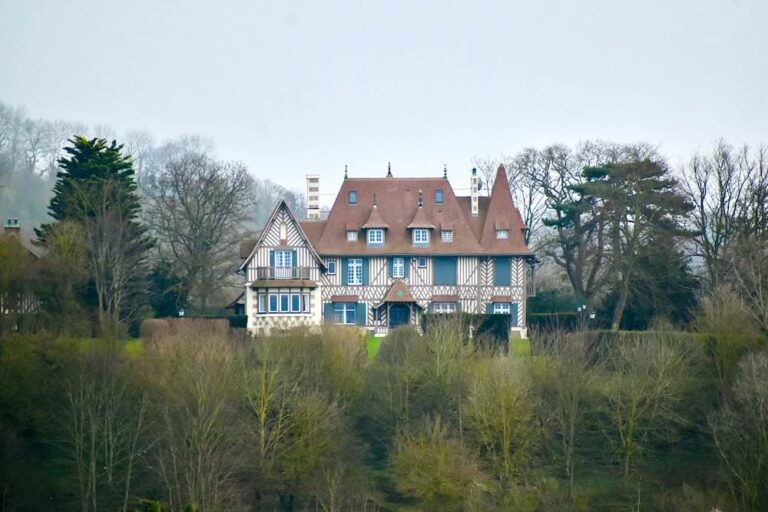adjective + de + infinitive
In French, when an adjective is followed by an infinitive verb, the preposition de is frequently placed between them. This structure creates a direct relationship between the quality expressed by the adjective and the action denoted by the verb. Unlike the noun + de + infinitive construction, this pattern specifically links descriptive qualities to actions.
Structure and Usage
The basic formula is:
Adjective + de + Infinitive
This construction appears in various contexts to express:
- Emotional reactions to actions
- Evaluations of actions
- Personal characteristics in relation to actions
- Necessity or importance of actions
Complete Sentence Examples
- Je suis heureux de te revoir. (I’m happy to see you again.)
- Elle était surprise d’apprendre la vérité. (She was surprised to learn the truth.)
- Nous sommes prêts de commencer le projet. (We’re ready to start the project.)
- Il est important de bien préparer l’examen. (It’s important to prepare well for the exam.)
- Tu es courageux de dire la vérité. (You’re brave to tell the truth.)
- C’est difficile de comprendre cette théorie. (It’s hard to understand this theory.)
- Elle semble contente de participer. (She seems happy to participate.)
- Ils sont fiers d’avoir gagné. (They’re proud to have won.)
- Je suis désolé de t’avoir fait attendre. (I’m sorry to have made you wait.)
- Il est impossible de prévoir l’avenir. (It’s impossible to predict the future.)
Important Notes on Usage
1. Preposition Variation: While de is common, some adjectives require à:
- Ce problème est facile à résoudre (This problem is easy to solve)
- Elle est lente à comprendre (She’s slow to understand)
2. Formal vs. Informal: In spoken French, de is sometimes omitted in rapid speech:
- Je suis content te voir (instead of Je suis content de te voir)
3. Pronoun Placement: When using object pronouns, they precede the infinitive:
- Je suis heureux de vous rencontrer (I’m happy to meet you)
4. Compound Tenses: With auxiliary verbs, the structure remains the same:
- J’ai été surpris d’entendre cette nouvelle (I was surprised to hear this news)
Common Mistakes to Avoid
1. Confusing de and à:
- Incorrect: Content à voir
- Correct: Content de voir
2. Omitting de in formal writing:
- Incorrect (formal): Important faire
- Correct: Important de faire
3. Misplacing pronouns:
- Incorrect: Heureux de te voir vous
- Correct: Heureux de vous voir






